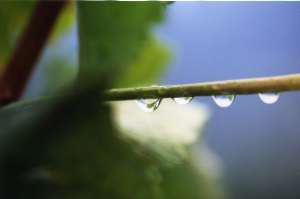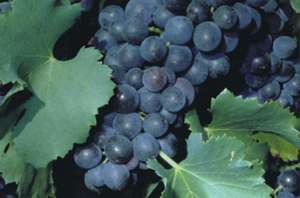


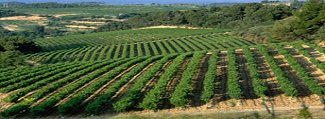

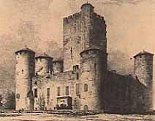
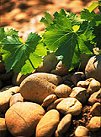

|
We strongly believe the way used to obtain a result is at least as important as the achievement itself. Of course, we aim towards the highest possible quality, but not at any cost : a result alone would by no means suffice. We strongly believe the way used to obtain a result is at least as important as the achievement itself. Of course, we aim towards the highest possible quality, but not at any cost : a result alone would by no means suffice.
Our actions are thus continuously guided by environmental awareness. This philosophy has guided us for 15 years. Our efforts have been particularly forceful over the past 5 years, seeking to support tradition with innovative solutions. The key word of this approach, both in definition and spirit, is respect. Respect for nature, respect for man, respect for our customers and respect for our pledge. These inviolable rules are the very basis of our estate : the rules that steer our concepts and actions today, and that we hope shall show the way tomorrow. More often than ever, wine growers no longer have their feet firmly planted in the ground, or more exactly in their soil. They seem to be too busy wandering throughout the world, spreading the good word. Today's "great wine growers" are top managers, experts in marketing. Sometimes they are merely investors. Most of the time and at best, they are executive managers, giving instructions to those in charge of the actual growing, wine cellar owners who discover their wine once it is bottled and finished. We are light-years away from this approach. Being a wine grower, for us, is by no means a job like any other: it is closer to a vocation, a devouring passion that calls upon an intimate connection with the vines. • How can we convert into wine the grapes if we have not tended them all year? Being a wine grower means knowing one's vineyard by heart: knowing every individual vine, feeling the stress of a drought like in 2003 or the rains of 2002, as if we were the plant itself. Being a wine grower is having both feet deeply rooted in one's land, in its very soil, feeling what the vine feels, and adapting the winemaking process to the different fruits. Being a wine grower is not applying scientific methods blindly : the heart of wine growing is man, with his instinct, passion, intuition, and improvisation. This is perhaps the main difference between wines that are technically perfect and wines that have a soul. Wine growing is one of the rare activities in the world in which it is not necessary to be a huge corporation to be well-known. On the contrary, we can remain small craftsmen and propose unique wines in small quantities, for a clientele of passionate wine lovers who don't care for standard products but who seek wines with a genuine character, a powerful identity. |


